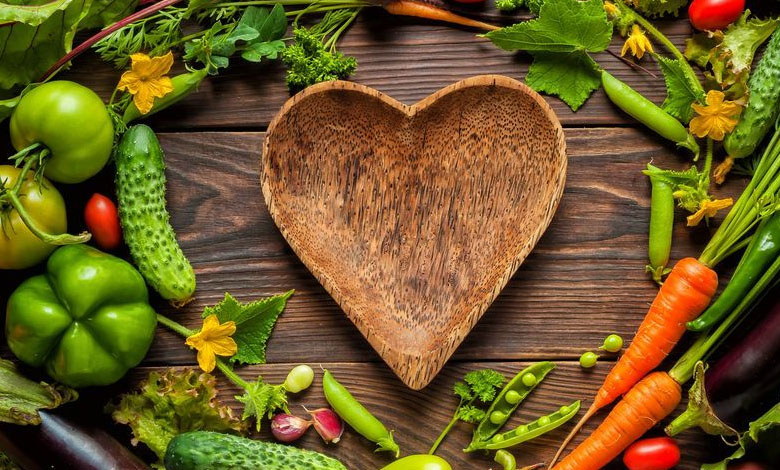Watch out for these risk factors – If you follow a raw vegan or vegetarian diet

A raw vegan diet may seem healthy and eco-friendly, but there are some things to be aware of before jumping on the bandwagon of this fad diet. While a raw vegan diet can certainly be healthy for some people, it’s not necessarily the healthiest or most sustainable option for everyone. There are also some potential risks associated with a raw vegan diet which we will break down in this article. Stay tuned!
Adopting a raw vegetarian or vegan diet has become more common in recent years, and some people are taking it a step further and deciding to eat only raw, plant-based foods in the belief that they will preserve their nutritional qualities. This is for example the case of certain stars like Natalie Portman, Pamela Anderson and Gisele Bündchen.

What is the Raw Vegetarian/Vegan Diet?
The raw vegan or vegetarian diet is a type of diet that focuses on eating uncooked, unprocessed plant foods. Followers of this diet believe that cooking destroys enzymes and other nutrients essential for health. Therefore, they consume a variety of raw fruits, vegetables, nuts and seeds. Some people also consume dairy products and raw eggs, while others follow a strictly plant-based diet. The raw vegan diet has become increasingly popular in recent years as more and more people look for ways to improve their health.
If this type of diet is all about eating what Mother Nature gives us, why is it warned?
Although this type of diet is often praised for its healthy and natural character, since it allows the body to receive all the nutrients it needs from plants. On the other hand, it presents certain dangers:
A nutrient deficiency:
A raw vegan or vegetarian diet can lead to nutrient deficiency for several reasons. First, these diets eliminate entire food groups, including meat, dairy, and eggs. This means that vegans and raw food eaters are at risk of missing out on important nutrients like protein, calcium and vitamin D.
In addition, these diets often include a large amount of fruits and vegetables. This can lead to deficiencies in certain vitamins and minerals. For example, people who eat large amounts of raw leafy vegetables may have vitamin B12 deficiencies. Finally, raw vegan and vegetarian diets tend to be low in calories and fat. This can also contribute to deficiencies in essential nutrients. While it’s possible to get all the nutrients you need from a raw vegan or vegetarian diet, it’s important to be aware of the risks involved so you can take steps to avoid deficiencies.
Putting the kidneys to the test:
The raw vegan or vegetarian diet can put a strain on the kidneys due to the lack of animal protein. Animal proteins are an important source of nitrogen. As well as vegans may not consume enough nitrogen-rich foods to meet their needs. This can lead to a condition known as uremia, in which the blood contains high levels of nitrogenous waste products. If left untreated, uremia can cause kidney damage.
Also, due to the deficiency of vitamin B12, essential for kidney health, it is likely that raw vegans may be at some kidney risk. Unless supervised supplementation is possible. So some vegans take supplements to make sure they get enough of these nutrients. It is also important to carefully monitor kidney function to ensure the diet is not causing any harm.
Digestive problems:
Of course, these diets tend to be low in fiber, which is essential for gut health. Without enough fiber, the intestines can become sluggish and constipated. In addition, this type of diet may also lack certain essential nutrients for good digestion, such as vitamin B12 and iron. Without vitamin B12, the body cannot produce enough stomach acid, which can lead to indigestion and bloating. Finally, these diets can lead to an imbalance of gut bacteria, which can cause a whole host of digestive issues.
It is important to mention the disadvantages of the raw vegetarian or vegan diet in order to remain vigilant and pay more attention to these three risk factors for a healthy and nutritious food lifestyle.
Recall :
Nutrient supplementation like calcium, vitamin D and B12.
Monitor kidney function, drink 2 liters of water and use a detox cure every 3 months.
Pay attention to recurring digestive problems.
Finally, medical advice is always essential to guarantee the benefits of this type of diet.












